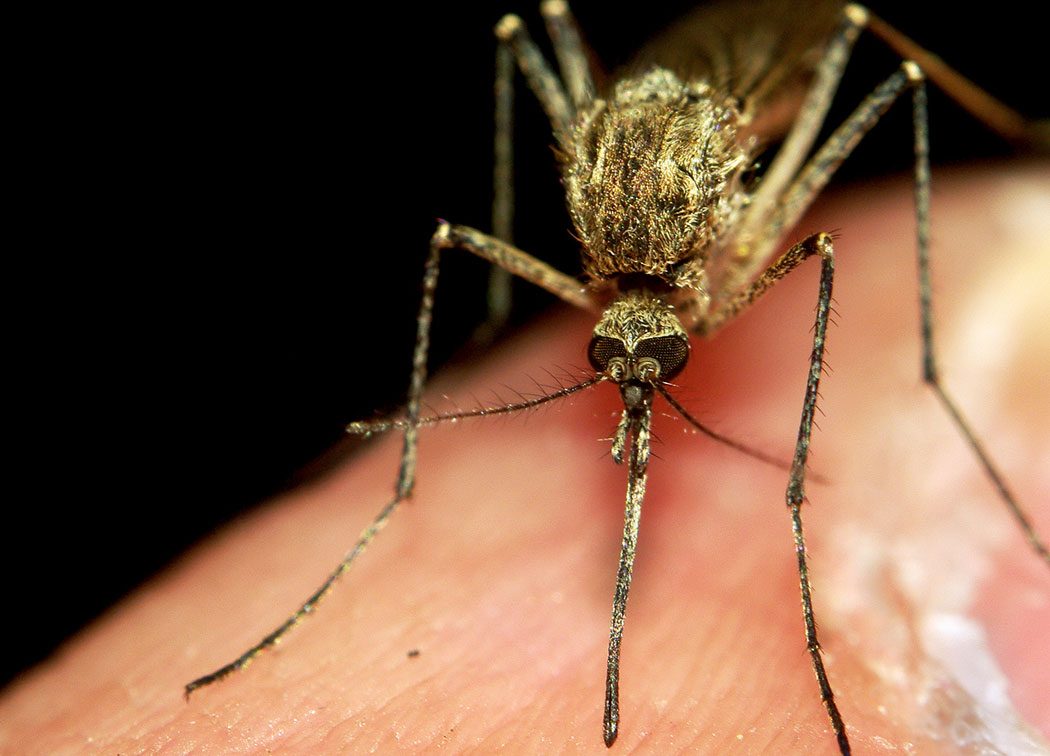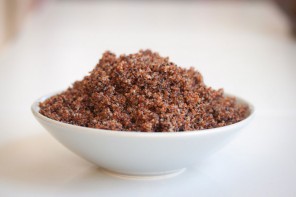Since its outbreak, the Zika virus has infected people in at least 43 countries or territories. It is spread by mosquito bites, mainly from the Aedes aegypti mosquito that also spreads diseases such as yellow fever. What makes the virus so frightening is that climate change is helping it spread at a faster rate.
Here is how it happens:
When the earth’s temperature increases, this causes species such as mosquitoes to move around to find more comfortable habitats. This increases the number of people that mosquitoes carrying the Zika virus can reach.
Insects thrive in warmer temperatures. It’s not just mosquitoes spreading Zika that like the hot weather. Malaria is another disease that can spread due to the hot climate. World Health Organization (WHO) has found that when the temperature increases by just two or three degrees Celsius, this increases the amount of people at risk of getting malaria by up to 5 percent. Sounds like a small number, but it translates into several hundred million people.
When the temperature increases by just two or three degrees Celsius, this increases the amount of people at risk of getting malaria by up to 5 percent
The heat also makes mosquitoes hungrier (gross). Only female mosquitoes transmit disease because they are the ones that bite for blood. Since they’re cold-blooded, they feed more when the weather’s warmer.
Mosquitoes love water. When there is more rainfall, which has occurred due to global warming, this results in standing water which is where mosquitoes like to breed.
How to Protect Yourself
The Zika virus doesn’t seem likely to spread through South Africa. The first case was diagnosed earlier this year but it didn’t pose a threat to the local population because the patient was said to have been infected before he arrived in SA.
If you’re travelling, however, you should try to avoid mosquito bites as much as possible. Wear bug spray after you’ve applied sunscreen and cover up your body as much as you can, such as by wearing long sleeves and pants whenever you’re outside. The Aedes aegypti mosquito is sneaky – it is known for targeting areas of the body where it’s harder for you to take a swipe at it, such as ankles and elbows.
Stay up-to-date with the Centres for Disease Control and Prevention’s list of areas most affected by Zika so you can stay safe. See your doctor if you experience any of the common Zika symptoms, such as red eyes, fever and joint pain. If you’re pregnant you shouldn’t travel to high-risk countries. The infection can cause birth defects in your baby, such as loss of sight, hearing, as well as growth impairment.










